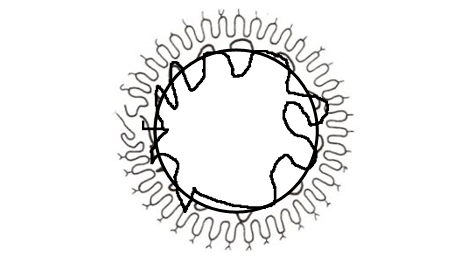
11/11/2023
Hot Topics of the Day are picked by experts to capture the latest information and publications on public health genomics and precision health for various diseases and health topics. Sources include published scientific literature, reviews, blogs and popular press articles.
Sign up MyPHGKB to receive the daily hot topic email alert.
Archived Hot Topics of the Day By Date
Combined population genomic screening for three high-risk conditions in Australia: a modelling study
P Lacaze et al, e Clin Medicine, November 2023
mRNA SARS-CoV-2 Vaccination Before vs During Pregnancy and Omicron Infection Among Infants.
Orlanda Goh et al. JAMA Netw Open 2023 11 (11) e2342475
Lipoprotein(a), platelet function and cardiovascular disease.
Harpreet S Bhatia et al. Nat Rev Cardiol 2023 11
The Future of Clinical Trials Artificial to Augmented to Applied Intelligence
AF Hernandez, JAMA, November 11, 2023
Mendelian Randomization as a Tool for Cardiovascular Research: A Review.
Michael G Levin et al. JAMA Cardiol 2023 11
Global trends in the increasing prevalence of the fosfomycin resistance genenin Staphylococcus aureus
DFM Monte et al, Lancet Microbe, November 2023
Rapid profiling of Plasmodium parasites from genome sequences to assist malaria control.
Jody E Phelan et al. Genome Med 2023 11 (1) 96
Disclaimer: Articles listed in Hot Topics of the Day are selected by Public Health Genomics Branch to provide current awareness of the scientific literature and news. Inclusion in the update does not necessarily represent the views of the Centers for Disease Control and Prevention nor does it imply endorsement of the article's methods or findings. CDC and DHHS assume no responsibility for the factual accuracy of the items presented. The selection, omission, or content of items does not imply any endorsement or other position taken by CDC or DHHS. Opinion, findings and conclusions expressed by the original authors of items included in the Clips, or persons quoted therein, are strictly their own and are in no way meant to represent the opinion or views of CDC or DHHS. References to publications, news sources, and non-CDC Websites are provided solely for informational purposes and do not imply endorsement by CDC or DHHS.
- Page last reviewed:Feb 1, 2024
- Content source:








